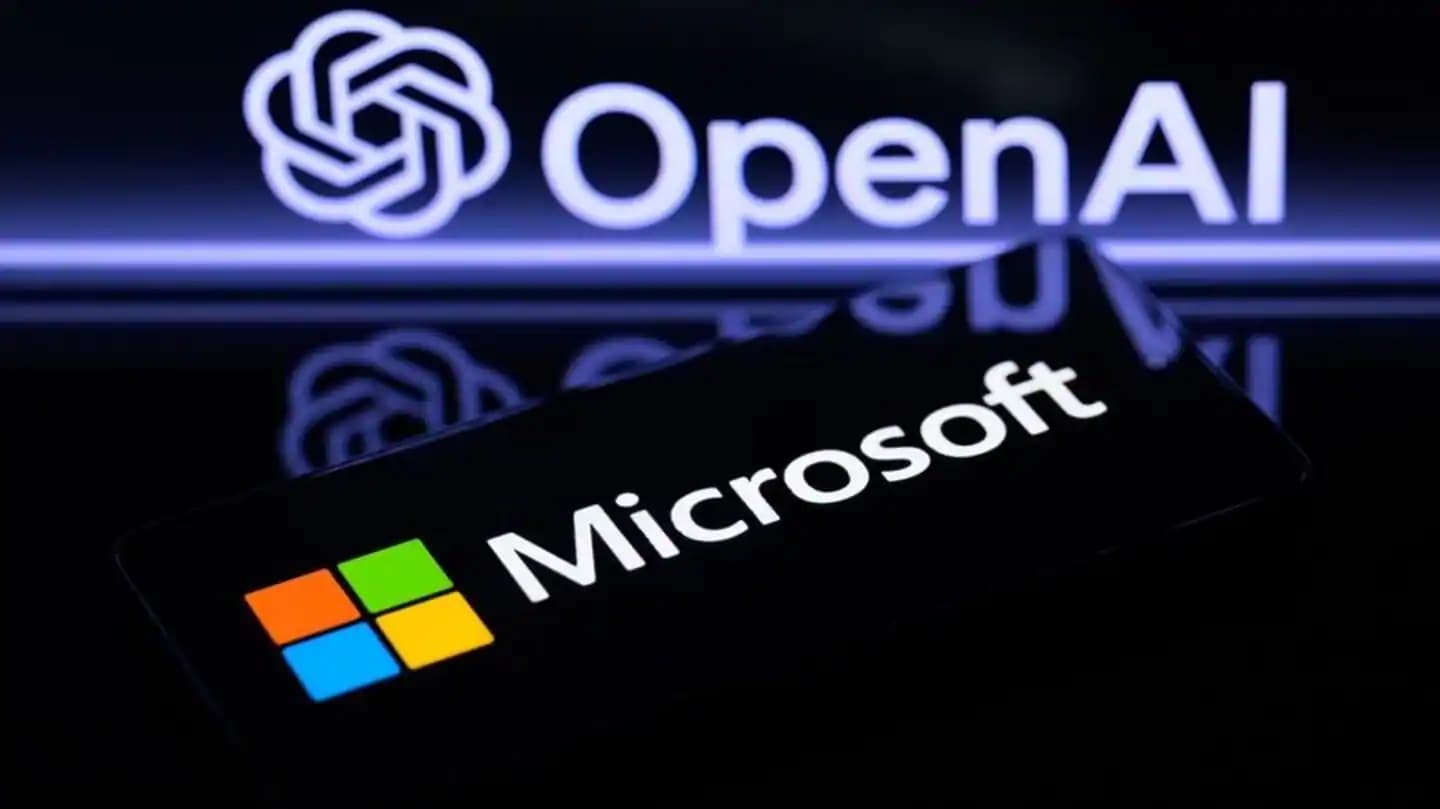We're loading the full news article for you. This includes the article content, images, author information, and related articles.
OpenAI struck a non-binding deal with Microsoft to convert its for-profit arm into a Public Benefit Corporation, giving the nonprofit board a stake worth over $100 billion and paving the way for new funding and possible public listing.

San Francisco, United States – OpenAI has signed a non-binding memorandum of understanding with Microsoft to potentially convert its for-profit arm into a Public Benefit Corporation (PBC), a structure that blends profit-making with public-interest responsibilities.
Under the proposed model, OpenAI’s nonprofit board would maintain control while owning a stake in the PBC valued at over $100 billion. The arrangement still requires regulatory approval and finalization of terms but represents a significant milestone in the evolving relationship between OpenAI and its biggest backer after months of high-stakes negotiations.
The proposed PBC structure aims to strike a delicate balance between mission-focused AI development and commercial viability:
Governance Power: The nonprofit board would retain ultimate authority, a safeguard after the 2023 ouster of CEO Sam Altman highlighted governance risks in high-growth AI firms.
Transparency Gains: PBC status would impose public-benefit obligations, potentially easing regulatory scrutiny while offering investors clearer oversight.
Capital Access: Moving toward a PBC could pave the way for future IPOs and new funding rounds without diluting OpenAI’s original mission.
Analysts say this hybrid model could become a blueprint for AI companies balancing public trust with rapid innovation.
Even as it deepens ties with Microsoft, OpenAI is diversifying partnerships to avoid overreliance on any single tech giant:
Oracle Cloud Megadeal: A $300 billion agreement expands OpenAI’s compute capacity while spreading risk across multiple providers.
SoftBank Stargate Project: Collaboration on next-generation AI data centers shows OpenAI’s ambition to control more of its infrastructure stack.
These moves come amid legal and regulatory turbulence, including Elon Musk’s lawsuit and nonprofit sector criticism over AI commercialization.
If approved, the PBC conversion could:
Stabilize OpenAI’s governance after last year’s leadership upheavals.
Attract global capital while maintaining public trust safeguards.
Set precedents for other AI firms facing the mission vs. monetization dilemma.
The deal also signals continued partnership confidence between Microsoft and OpenAI despite competitive frictions in the fast-moving AI race.
Regulatory Review: U.S. and possibly international authorities will evaluate the proposed structure.
Final Agreements: Microsoft and OpenAI are negotiating detailed contractual terms.
Capital Planning: Post-approval, OpenAI could explore IPO pathways or other funding mechanisms under the PBC framework.
Keep the conversation in one place—threads here stay linked to the story and in the forums.
Sign in to start a discussion
Start a conversation about this story and keep it linked here.
Other hot threads
E-sports and Gaming Community in Kenya
Active 9 months ago
The Role of Technology in Modern Agriculture (AgriTech)
Active 9 months ago
Popular Recreational Activities Across Counties
Active 9 months ago
Investing in Youth Sports Development Programs
Active 9 months ago
Key figures and persons of interest featured in this article